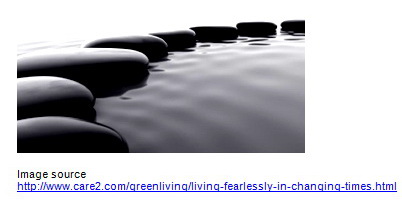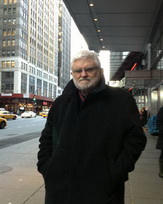When
someone is elected to high office, we often talk of their having “a honeymoon
period”, a time to settle in before judgements are made on performance, a time
to get to know how to exercise responsibility, a time of patience with the
occasional mistake. Only later does the scrutiny become more incisive and the
edges sharper in argument.
From
the start of his Induction as Bishop of Rome, Francis has spoken with deliberate
intent, honestly and with humble sincerity. The Editorial writer in
AMERICA
last weekend made this point.
“It
is one of the small miracles of Pope Francis’ pontificate that he rarely makes
morality seem tedious. Even when he talks bluntly about our human flaws—and
the pope is nothing if not blunt—he does so in a way that engages rather than
alienates his audience. Listening to Pope Francis, you want to be a better
Christian, not because you feel guilty, but because you want to rise to the
occasion and accept his invitation to follow the Christian path”.
This
is what we have come to expect of the South American bishop who travelled a long
way to the See of Peter. In those first few months so many things happened that
took us out of our comfort zone. For the Bishop of Rome to be acknowledged on
the front cover of Time
Magazine and Rolling
Stone within weeks of each other must tell us that something is
happening.
With
the conclusion of the recent Synod and the experience of honest, open discussion
that he encouraged during it, we are beginning to see concern from a number of
individuals for the direction it took. Some of the net postings and the comments
that have followed are critical not only of the man but also of his message.

It
would seem that when Francis acts in a Christ-like manner, offering compassion
and forgiveness, looking at the spirit of the law rather than ruthless adherence
to it, seeking to build loving relationships rather than antagonistic positions,
he is criticized. But then so was the Nazarene in whose place he offers
guidance. Pity that, but there it is.
Some people will always find a problem with one who leads by example, someone
for whom the Second Council of the
Vatican
was not just an historical event, but a continuing, life-enriching experience.
In
many ways the journey that Francis is making and at the same time is encouraging
us to take with him, resembles crossing a fast moving river by way of stepping
stones. The stones are slippery, and that can give rise to accidents if you are
careless. There would appear to be no way of avoiding getting your feet wet
before you reach the other side.
So
together we continue being pilgrims in a pilgrim church, wet feet and all.
END
------------------


